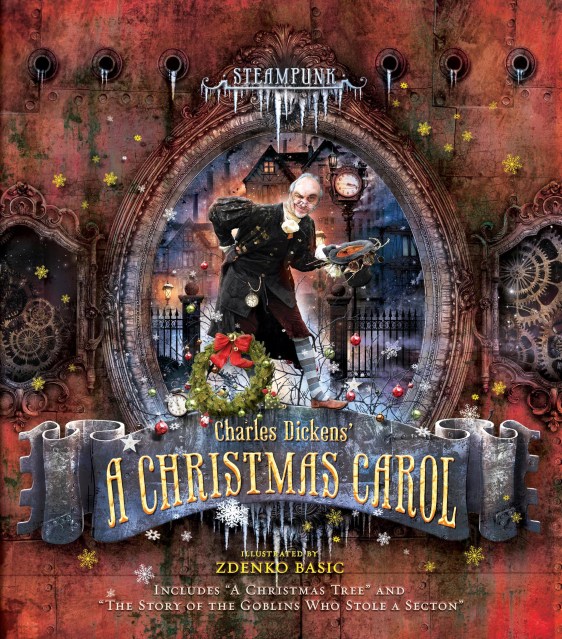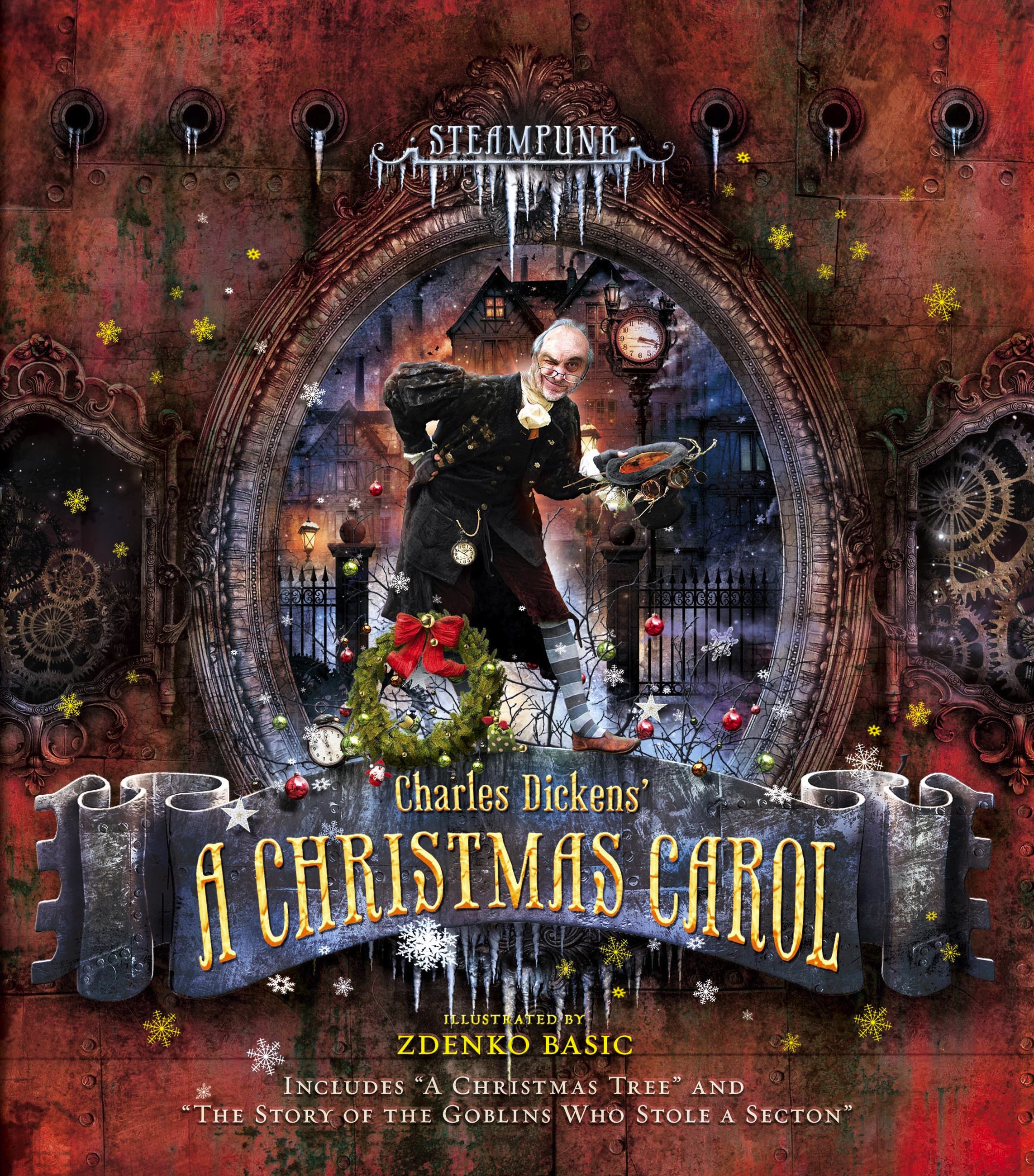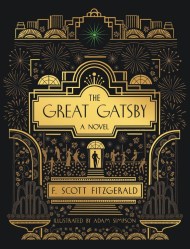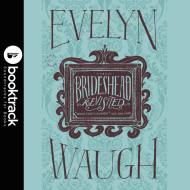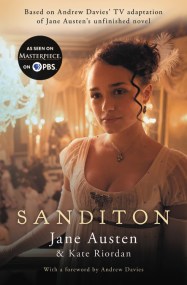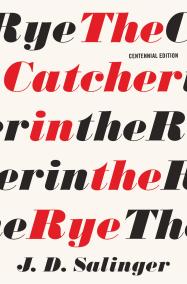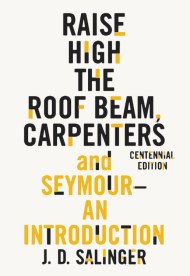Promotion
Use code MOM24 for 20% off site wide + free shipping over $45
Steampunk: Charles Dickens A Christmas Carol
Contributors
Illustrated by Zdenko Basic
Formats and Prices
Price
$18.95Price
$22.00 CADFormat
Format:
- Hardcover $18.95 $22.00 CAD
- ebook $12.99 $16.99 CAD
This item is a preorder. Your payment method will be charged immediately, and the product is expected to ship on or around October 14, 2014. This date is subject to change due to shipping delays beyond our control.
Also available from:
Additionally, Charles Dickens’ celebrated short stores, “The Story of the Goblins Who Stole a Sexton” and “A Christmas Tree” are included and paired with equally enchanting steampunk illustrations. Those of us who cherish each holiday with Dickens in our hearts — the man who has linked the Christmas spirit with love, forgiveness, and charity — will treasure this rare collector’s edition for this Christmas and many to come.
Genre:
- On Sale
- Oct 14, 2014
- Page Count
- 204 pages
- Publisher
- Running Press
- ISBN-13
- 9780762450909
Newsletter Signup
By clicking ‘Sign Up,’ I acknowledge that I have read and agree to Hachette Book Group’s Privacy Policy and Terms of Use
